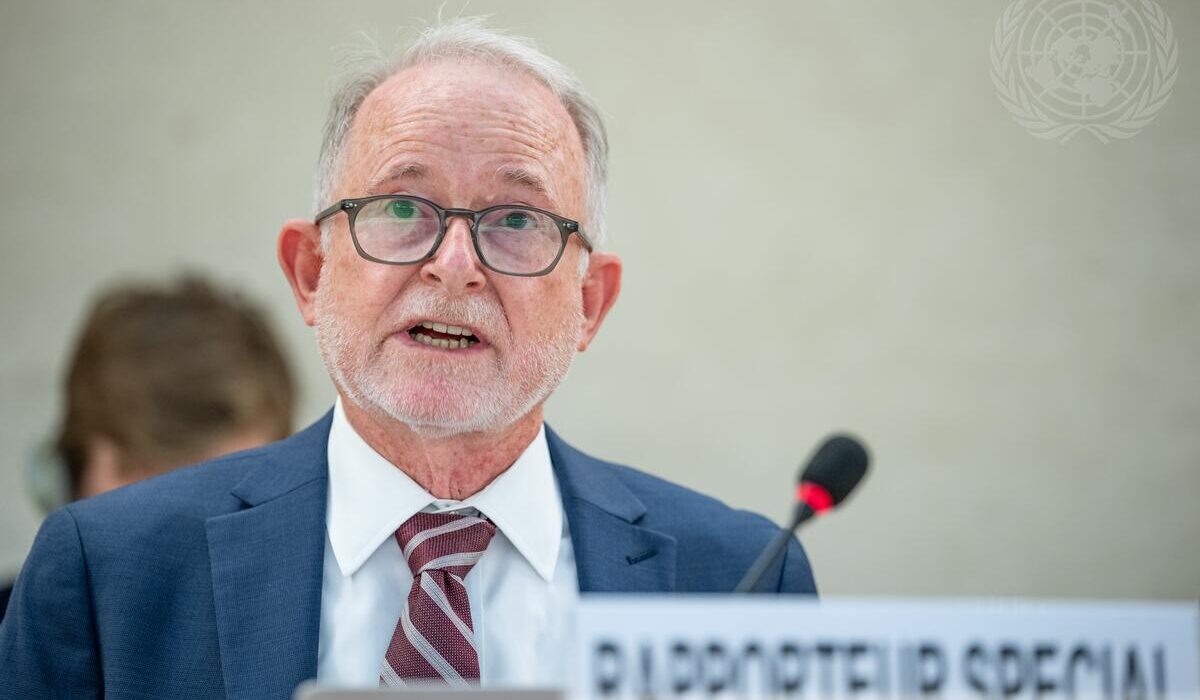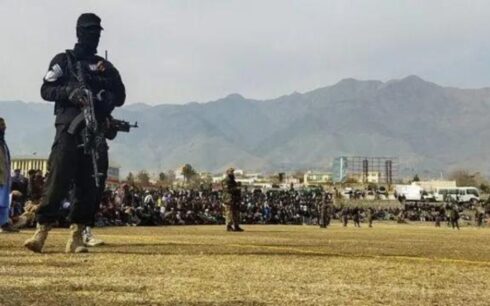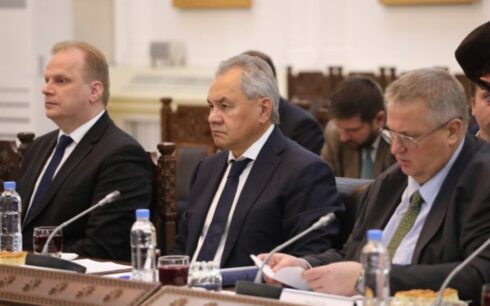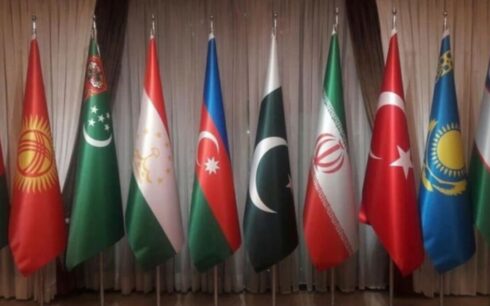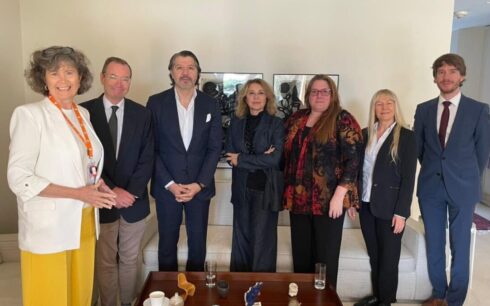The United Nations Special Rapporteur for Afghanistan, Richard Bennett, on Monday raised alarm over the worsening plight of Afghan women and girls under Taliban rule, citing an increase in domestic violence, forced marriages, trafficking, and a severe mental health crisis.
Speaking at a virtual event on the International Day for the Elimination of Discrimination and Violence Against Women, Bennett urged a comprehensive international effort to address these violations and dismantle systemic gender oppression in Afghanistan.
“I am very troubled about increasing reports of domestic and intimate partner violence, child and forced marriages, and trafficking,” Bennett said. He highlighted the mental health toll of the Taliban’s policies, noting: “I have spoken to women and girls who describe stress, anxiety, depression, and hopelessness. I am especially concerned about increasing reports of suicide and suicidal thoughts.”
Bennett also underscored the long-term and generational harm inflicted by the Taliban’s policies. “I am worried about the long-term and transgenerational impacts, not just on women and girls who are denied their opportunity to fulfill their potential, but also for men and boys brought up in a system which normalizes the complete subjugation and exclusion of women and girls.”
Despite the grim situation, Bennett emphasized the need for collective action: “What needs to be done? I have been advocating for what I call an all-tools approach. This is because I believe that no one solution will be effective on its own. We need to use all the tools in the toolbox to challenge and dismantle the Taliban system of gender-based discrimination and oppression.”
A call for accountability
Bennett urged the international community to hold the Taliban accountable for their actions. “There will be no normalization of [the Taliban’s] status until there are demonstrable improvements in human rights,” he stated, reiterating that the global response must involve a mix of judicial and non-judicial mechanisms.
Among the steps he highlighted:
Support for the ICC Investigation: Bennett noted his regular engagement with the Office of the Prosecutor at the International Criminal Court, expressing optimism about ongoing progress. “Afghan victims and survivors have long been awaiting its outcomes,” he said.
CEDAW Violations: Bennett welcomed initiatives by countries, including Canada, to hold Afghanistan accountable for violations of the Convention on the Elimination of All Forms of Discrimination Against Women (CEDAW), possibly before the International Court of Justice.
Universal Jurisdiction: He encouraged national prosecution units worldwide to investigate gender-based crimes committed during Afghanistan’s conflict and under Taliban rule.
Non-judicial mechanisms
Beyond legal avenues, Bennett stressed the importance of reconciliation and acknowledgment. “Truth, memorialization, and reparations rooted in Afghan communities inside Afghanistan are all necessary if Afghans are going to turn a page on decades of impunity and move towards a peaceful future based on inclusiveness, equality, and respect for human dignity,” he said.
Bennett highlighted the necessity of including Afghan women and marginalized communities in all political and diplomatic processes. “It is essential that Afghans, in particular Afghan women, are actively and meaningfully included throughout the process,” he emphasized, advocating for their participation in discussions shaping international policies toward Afghanistan.
Global action needed
Concluding his remarks, Bennett called for unwavering international resolve: “We need to use all the tools in the toolbox,” he said. He underscored the urgency of dismantling the Taliban’s gender-based oppression, describing it as a global responsibility to support Afghan women and girls in reclaiming their rights and dignity.
This expanded version integrates all key aspects of Bennett’s remarks, highlighting the depth of his concerns and proposed actions for addressing the challenges faced by Afghan women and girls.

